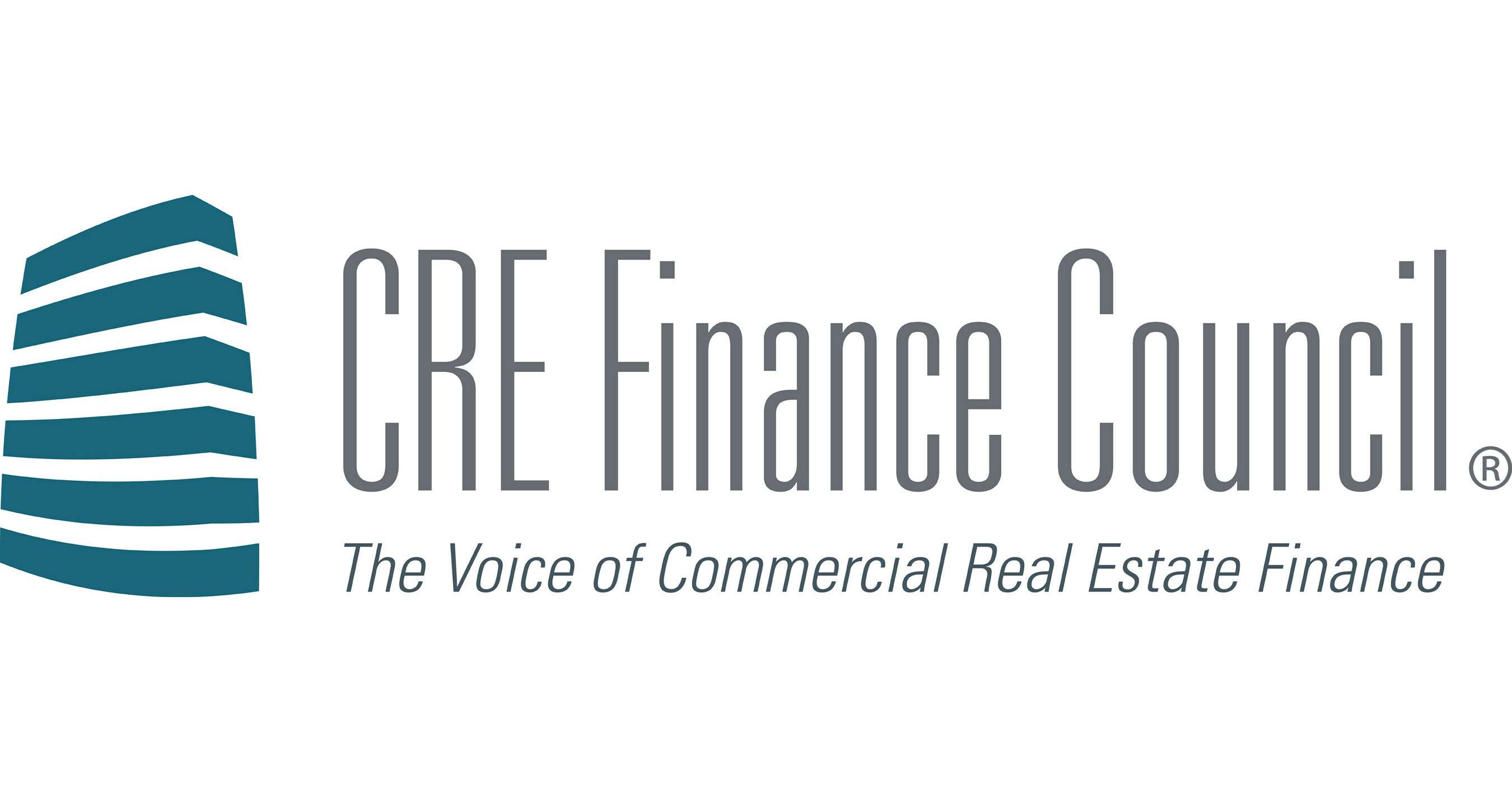T
he past week has seen two significant international summits: one in Alaska between President Donald Trump and Russian President Vladimir Putin, and another at the White House with Ukrainian President Volodymyr Zelensky. While these meetings were historic and momentous, it's unclear what, if anything, changed as a result of them. The war in Ukraine continues to rage on, with civilians still dying in Ukrainian cities despite Russia's strikes.
Trump approached both summits with his characteristic optimism, calling for a "deal" and even joking about winning the Nobel Prize. However, ending a war is not that simple. Anne Applebaum, a longtime reporter on Russia and Ukraine, notes that Putin has been using Trump's language, talking about peace negotiations while continuing to fight.
The European leaders who attended the White House meeting were seen as trying to educate Trump on basic things, such as how wars are ended. They got him to talk about security guarantees, which is a significant change in his position. However, it's unclear whether this will lead to any concrete action.
Vivian Salama, a politics and national-security writer, notes that the White House was chaotic during the meeting, with many leaders arriving on short notice. She also points out that Trump received Zelensky warmly, but not the European leaders, which may have been a deliberate signal.
Anne Applebaum believes that Trump's instincts are to agree with the last person he spoke to, and that he has no deeper strategy for dealing with Putin. She notes that Trump has been dismantling American sanctions on Russia and cutting funding for Russian-language media, which is seen as a negative gesture towards Zelensky.
The European leaders were in Washington to moderate Trump's whims and ensure that any deal reached would prioritize Ukraine's security and sovereignty. However, it's unclear whether this will happen, given Putin's refusal to concede anything and his demand for territory that he can't conquer.
Vivian Salama notes that the Ukrainians believe that they need to regain all of their territory, including Crimea, which is seen as a nonstarter by the Trump administration. She also points out that Russia sees this war as existential, with Putin believing that Ukraine does not have the right to exist.
Anne Applebaum believes that the only way to end the war is to persuade Putin that he can't win, and that Ukraine is too strong and its alliances are too powerful. However, she notes that breaking someone of their goals is difficult, and that Russia's nostalgia for the Soviet era makes it hard to change their mindset.
The episode ends with a discussion about what happens next, including Trump's call for a joint meeting between him, Zelensky, and Putin. While some are cautiously optimistic, others are skeptical about its likelihood.














